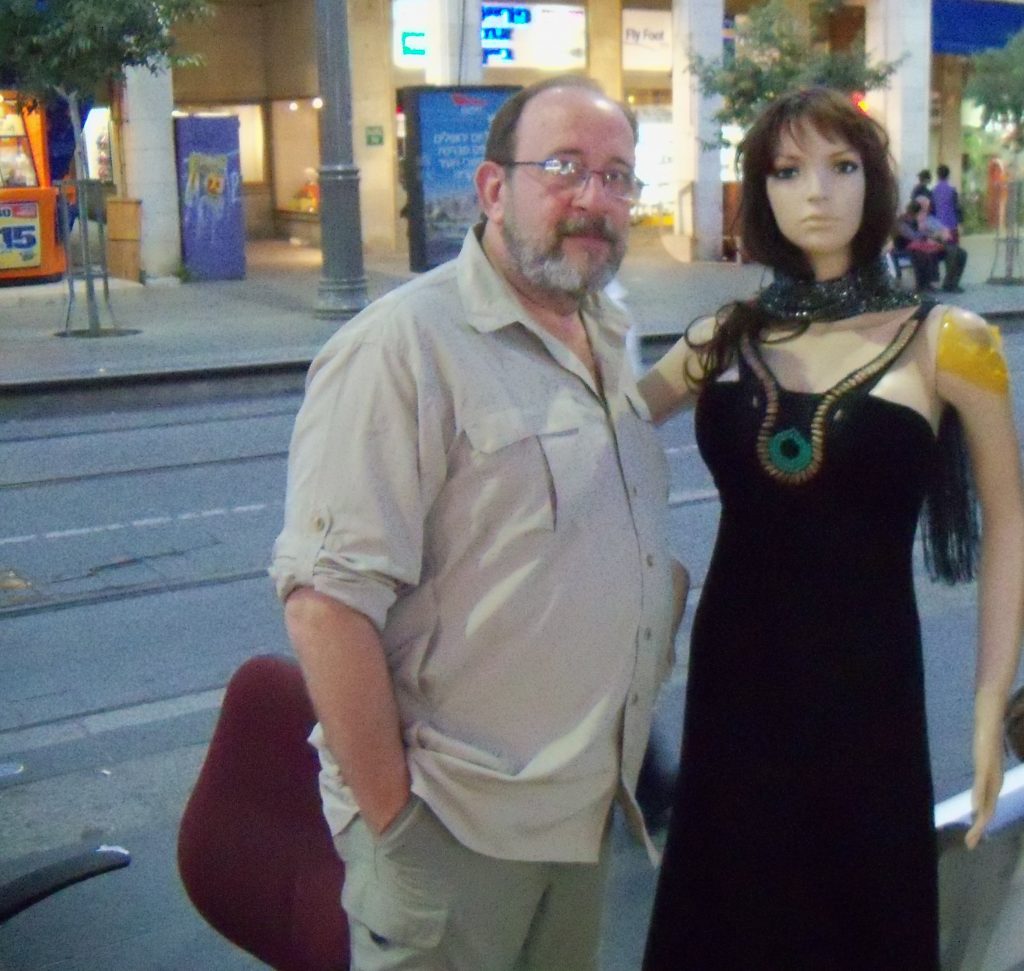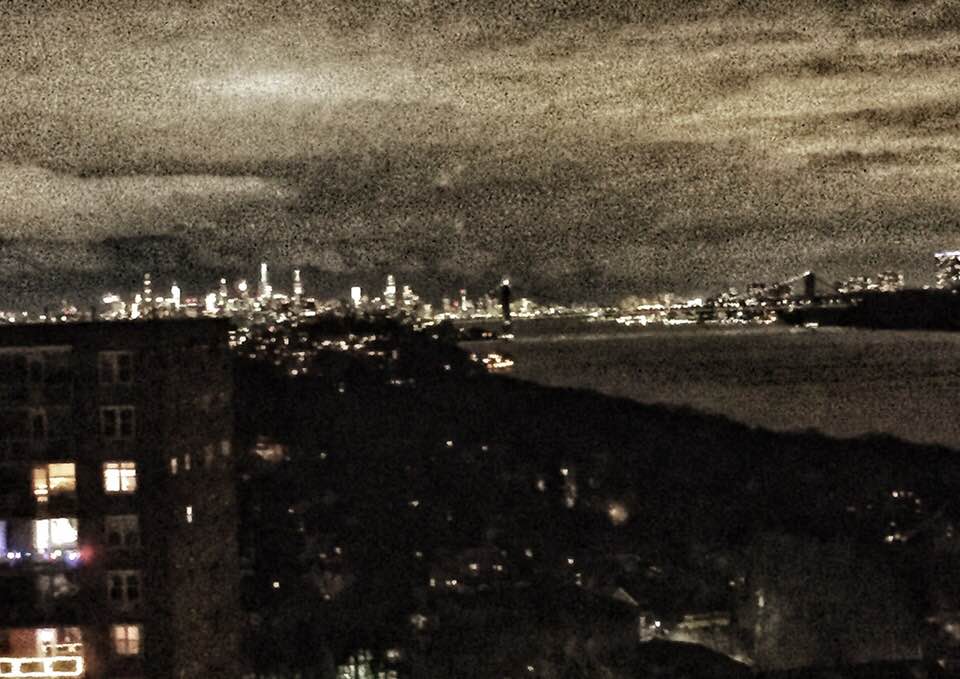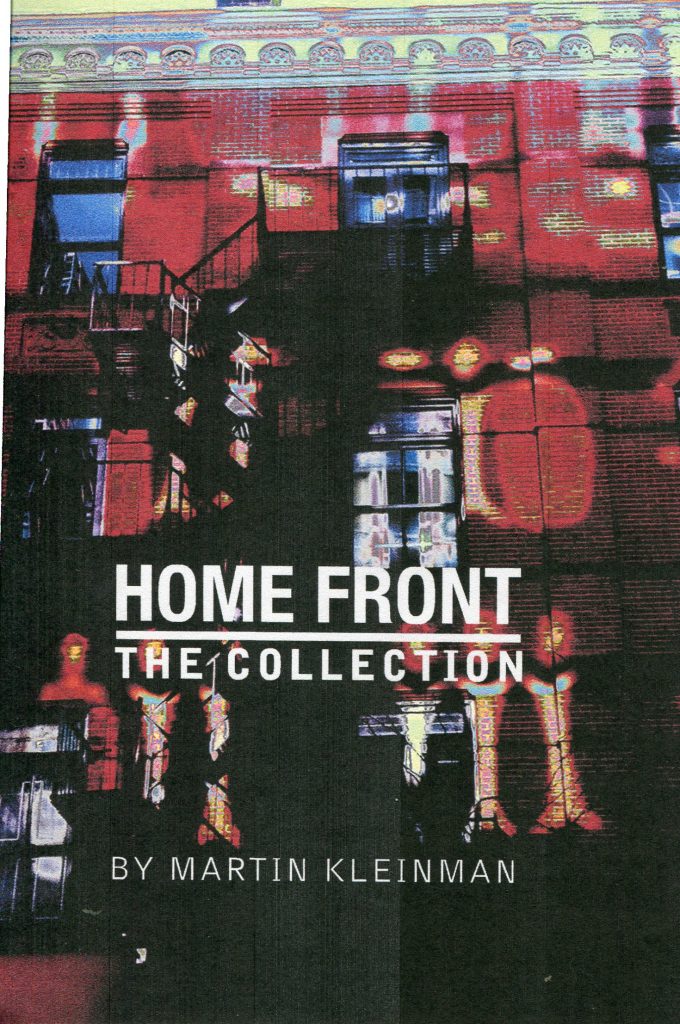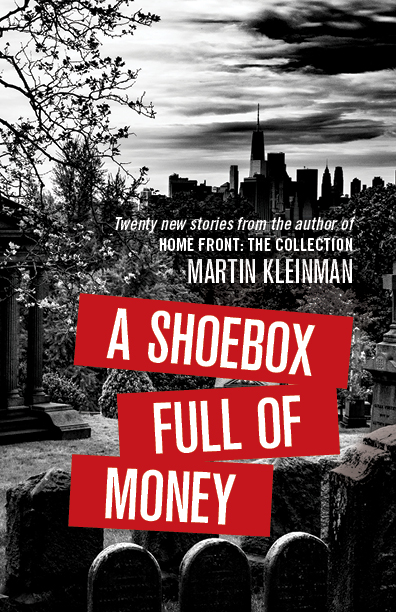Otto was helping the rabbi up on the bimah and I, a newcomer to the congregation, whispered to a lady seated in front of me, “Who is that guy?”
“Oh, that’s Otto,” she said. “He’s rabbi Judy’s husband.”
His wife, my new rabbi, was whip-smart in that crunchy, Oberlin way, and from their knowing smiles at each other, I knew they were gloriously in love. My wife, a fellow Poindexter and Birky aficionado, immediately bonded with her. Otto was a regular Joe, and we hit it off as well. My wife and I were brand new to the neighborhood, after decades of Brooklyn, and this couple made us feel right at home. Which was great, for we knew no one.
I soon learned that Otto was a kibitzer in the kindly, but wincingly-bad, dad-joke way. Nevertheless, he was a gitte neshumah. A sweet soul, who never failed to ask about our well-being and slap my back in bonhomie.
When asked, Otto would say that he was in the “underground novelty business”. Alright, he was a Manhattan funeral director. His wife told me that he was in the war, ‘Nam, like a lot of guys in my new nabe. In fact, three guys on my apartment building floor alone are vets of Vietnam. Like Otto, they are the nicest guys you ever want to meet.
Otto handled Agent Orange. What I long-ago learned from the man-boys just back from their tour, back when I was a summer-job pup of a downtown “office boy” in the late 60s and early 70s, was that the soldiers were told that the powerful defoliant was harmless, totally safe, and that — given the oppressive jungle heat and humidity — it was ok to handle 55 gallon drums of it without gloves or other protective gear, and spray it out of their helicopters and C-123s. The idea was to defoliate the vegetation that gave cover to enemy soldiers, thus saving U.S. lives.
According to military.com, 300,000 U.S. soldiers died from exposure to Agent Orange, almost five times as many as the 58,000 who died in combat. Maybe you should Google “dioxin” if you want to learn more.
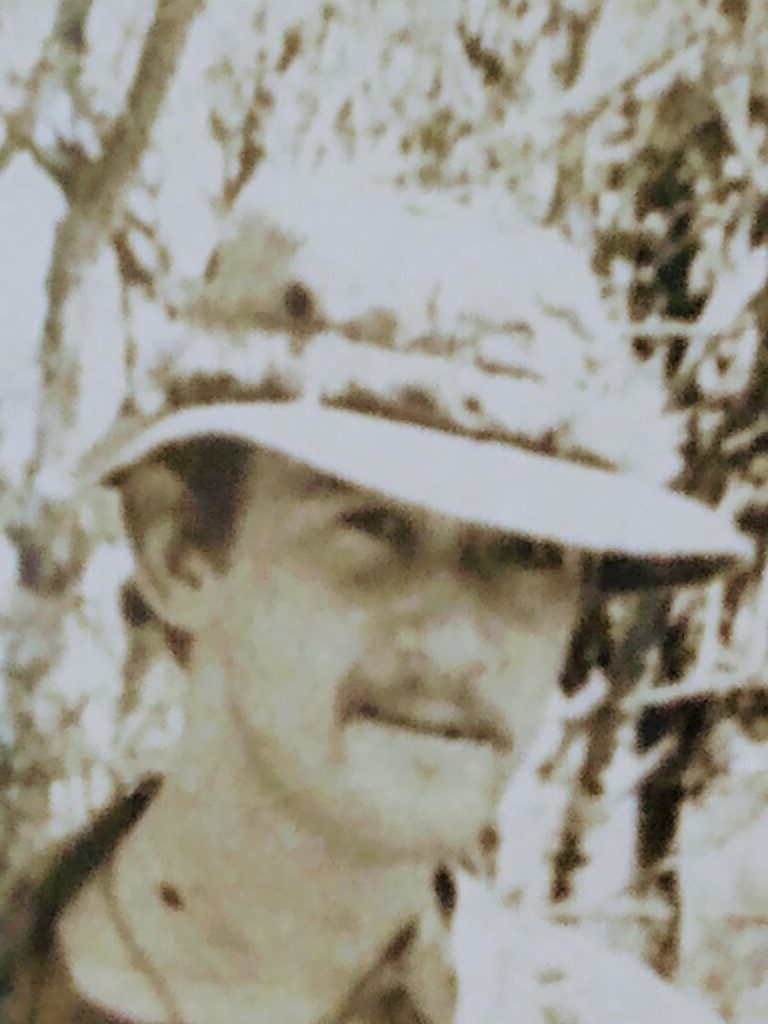
If you are lucky enough to live long, you come to grok this axiom: a large number of deaths is a statistic; a single death is a tragedy. Otto died of cancer from handling Monsanto’s chemical concoction. Today, July 16th, would have been his 74th birthday, according to Zuckerberg’s social media platform.
So easy would it be to veer off into rants about VA lies, political mendacity, and cancer care detail. Not today, for Otto was not into “woulda, coulda, shoulda.” Today, I prefer to think of a gentle giant of a Real New Yorker who had been through hell, found true love, gave kindness with a whole heart, and — OK — told some of the corniest jokes ever uttered on Planet Earth.
Happy birthday, Otto. I will never forget you.
